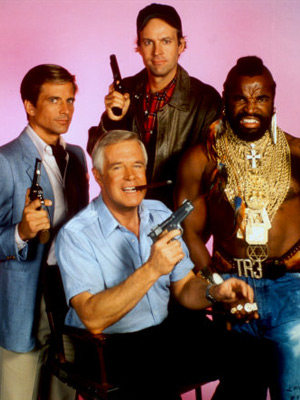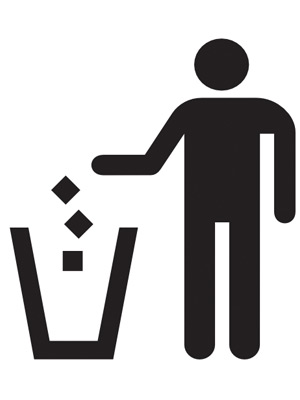The longer a project is the less you’re able to predict how much work you can accomplish. I’m sure you have a clear idea how much work you can get done in a day and you’re probably able to predict what you can do in a week. But two weeks? It gets a little fuzzier. A month? You can’t track that in your head anymore. A year? Forget it.
Break your projects down into timeframes that are easier to understand. If you have a one day project, break it down by the hour. If it’s a one week project - what can you accomplish in five, one day bursts? Chunk that month-long project into four ambitious milestones and further break those weeks into day-long goals. The year-long project. Yeah, you guessed it: segment that thing into twelve month long chunks with four week-long goals.
This will impose upon you a structure that asks what you can get done in each of its increments. You’re not designing by the gut, you should be able make the prediction. Sometimes you’ll be right and sometimes you’ll be wrong. That’s fine. Each time you take a stab at predicting how much you can get done the better you be at estimating in the future.
If you’re not actively challenging yourself this way you’re going to waste time. And the longer the project is the more time you waste. Give a person a week to get something done and they’ll probably surprise you by how much they can accomplish. Give that same person a month to do the same project and they’ll get less done. Give them a year? You’re just wasting time and resources.



















